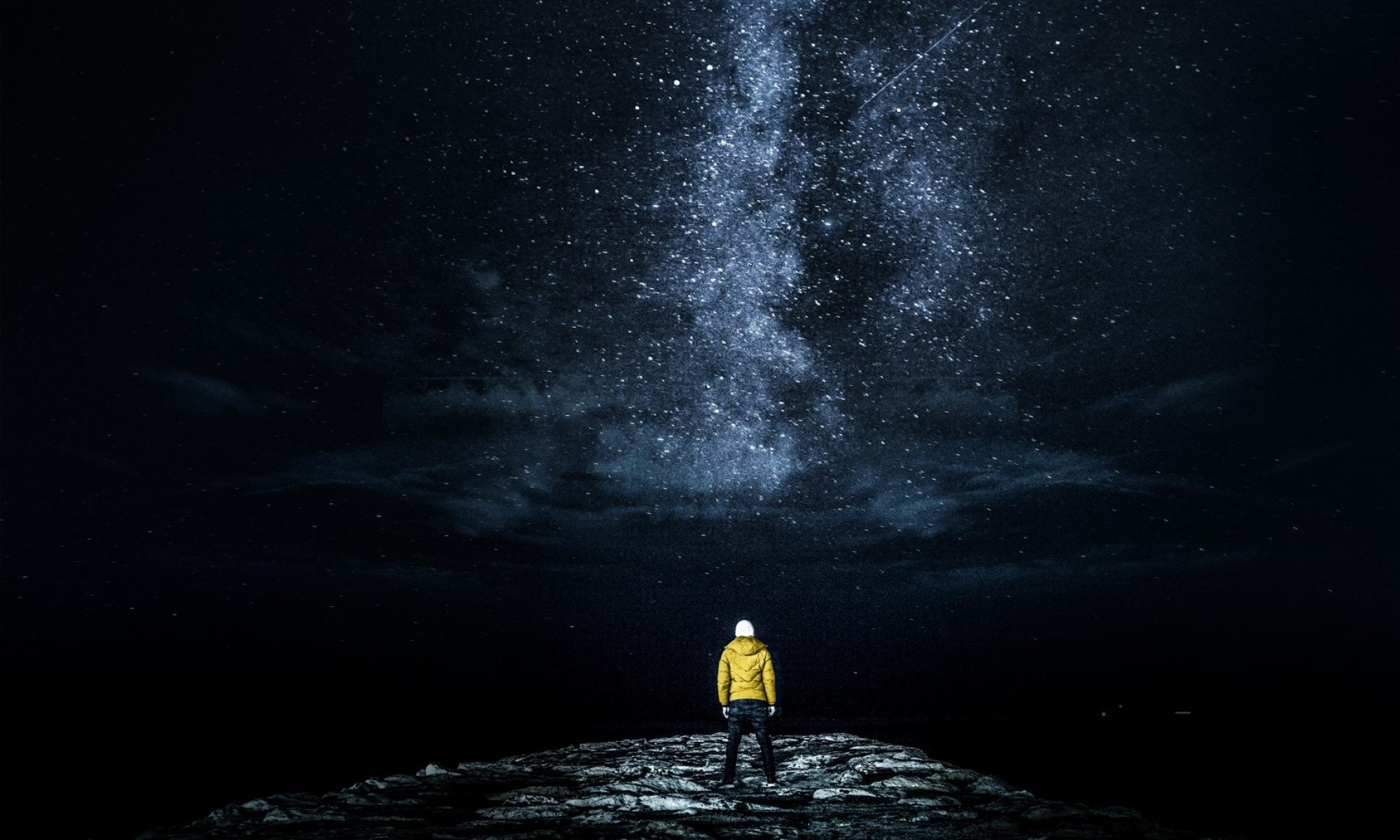Where do you go if you want to learn how to write science fiction? (Or, write better science fiction?) What resources are out there? Over the next few weeks , I’ll try to cover this topic–from books to MFA programs. So, the obvious place to start–since I’ve already given it away–is the written word. Below are just a few suggestions for building your library.
History
- Road to Science Fiction series (Volumes 1-6) edited by James Gunn. This six-part historical anthology traces the roots of science fiction from its earliest stories to the present. Gunn presents the history of the genre through its stories.
- Trillion Year Spree by Brian Aldis. This is an updated and expanded version of Aldis’ original history of science fiction, Billion Year Spree, published in 1973.
- The Encyclopedia of Science Fiction by John Clute and Peter Nicholls. In the introduction, the authors write that they saw this book as a comprehensive history and analysis of science fiction.
- Science Fiction: the Illustrated Encyclopedia by John Clute. This book is a visually lavish follow up to the Encyclopedia of Science Fiction.
Craft
- How to Write Science Fiction and Fantasy by Orson Scott Card. In one of the Writer’s Digest Genre Writing Series, Hugo and Nebula award-winning author Orson Scott Card shares his expertise on world creation, story construction, and the business of writing.
- How to Write Tales of Horror, Fantasy, and Science Fiction edited by Jack Williamson. Twenty-six experts offer chapters on everything from the psychology of horror to building a fantasy character to getting an agent. This collection is a little heavier on horror authors and topics than some other introductions to genre writing.
- Twenty Master Plots (and How to Build Them) by Ronald Tobias. Tobias explores twenty archetypal story plots—such as the Quest or Forbidden Love—and breaks down how each work.
- Beginnings, Middles & Ends by Nancy Kress. The subtitle says it all: “How to get your stories off to a roaring start, keep them tight and crisp throughout, and end them with a wallop.”
- Cosmic Critiques by Martin Greenburg and Isaac Asimov. The editors chose ten stories, each representing a subgenre of science fiction, and then analyzed them, quickly and painlessly. Though the book is nearly twenty years old, it’s still a great study of why a science fiction story works—as seen through the eyes of one of the field’s grand masters.
- The Science of Science-Fiction Writing by James Gunn. Don’t be fooled by the title. This book isn’t about the science—as in physics or biology—in science fiction but about the science of telling a science fiction story. Gunn shares his 40 years of experience in the fiction writing process, including how to teach it and how to get published.
Science
- Space Travel by Ben Bova with Anthony Lewis. Part of Writers’ Digest Science Fiction Writing Series, this book is a decent reference guide to science behind space travel.
- Aliens and Alien Societies by Stanley Schmidt. Another in the Science Fiction Writing Series, this is a reference guide to the physics, biology, and psychology of creating alien life for fiction.
- World-Building by Stephen L. Gillet. Another in the Science Fiction Writing Series, this book is a writer’s guide to constructing star systems and life-supporting planets.
- The Writer’s Guide to Creating a Science Fiction Universe by George Ochoa and Jeffery Osier. This book is about creating the whole milieu in which a science fiction story exists. Ochoa and Osier touch not only on aliens and space travel but also future worlds, artificial intelligence, and alternate universes.
- The Cosmic Dancers: Exploring the Science in Science Fiction by Amit Goswami. Though the book is a bit dated (1983), it’s still scientifically relevant. The author explores Newtonian physics, astronomy, cosmology, and quantum physics with a nice mix of humor and seriousness.
